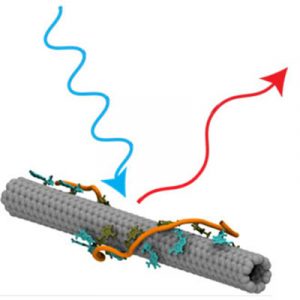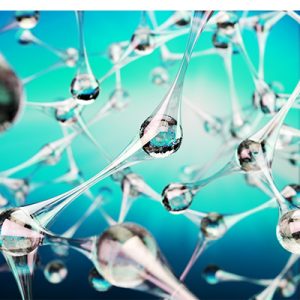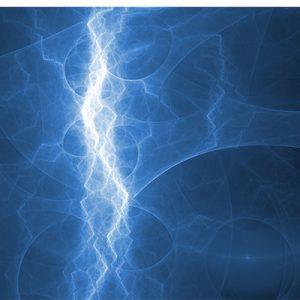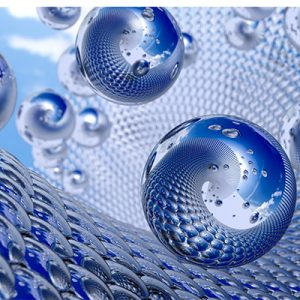Deadline for submitting abstracts
December 2, 2019
Submit today!
Topic Close-up #7

Symposium B02: Carbon Nanostructures in Medicine and Biology
Symposium focus:
Nanocarbons have unique electronic, optical, and structural properties that enable new applications in biology and medicine. These may include but are not limited to assays, imaging tools, sensors, and therapeutics. The session covers areas including the development of new materials, characterization, uses/demonstration of pharmacology or effects in vitro and in vivo, plant biology applications, and clinical uses.
Nanocarbons Division SES Research Young Investigator Awardee and Keynote Speaker: Prof. Markita Landry, Assistant Professor, University of California at Berkeley







